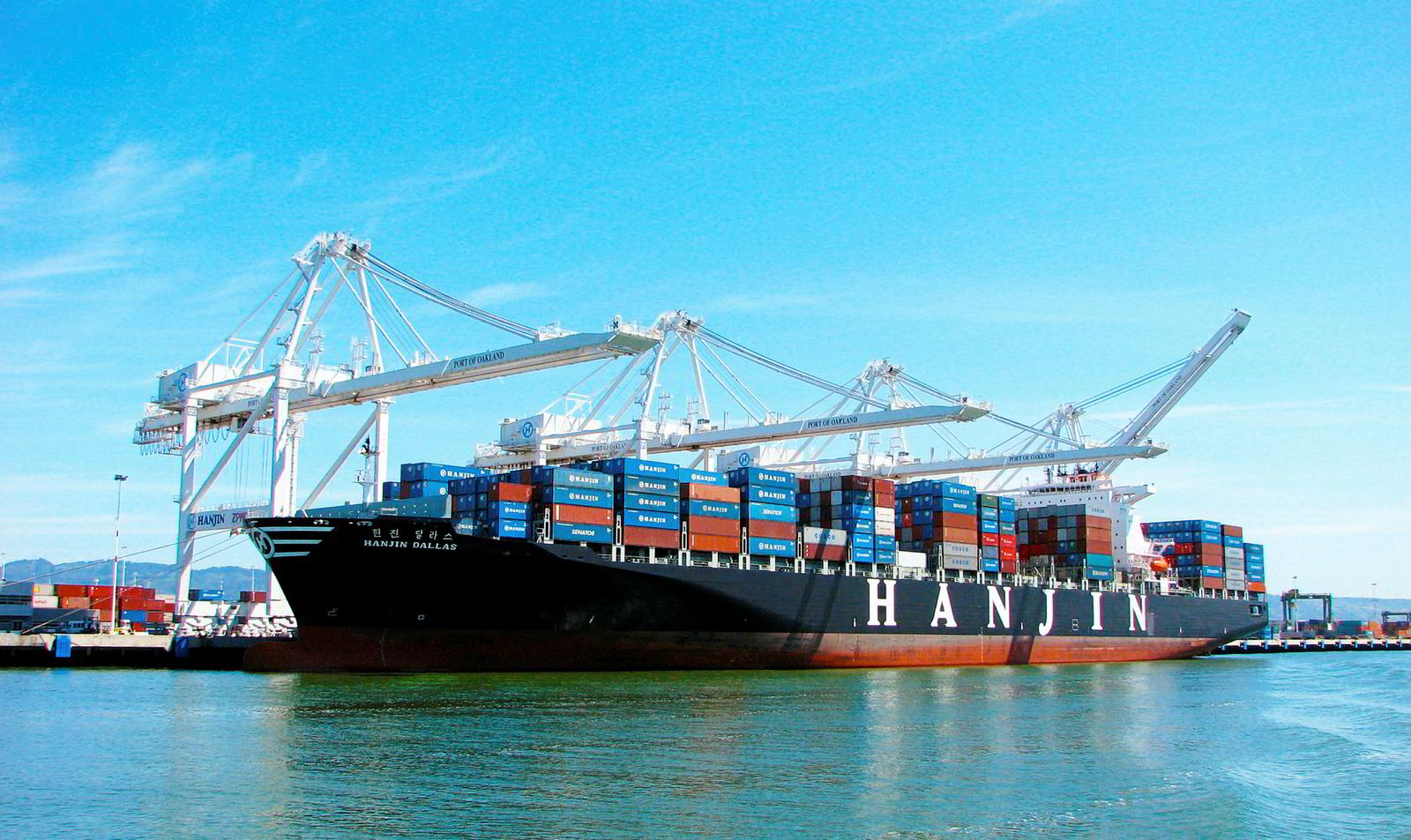Not so long ago wage deals for seafarers appeared to be agreed amicably, with negotiations held in luxurious surroundings — the last deal in 2014 was struck on the Indonesian island resort of Bali.
At the time, the International Transport Workers' Federation (ITF) and its traditional adversaries — the employers — shared common ground.
There were joint statements from the ITF and International Maritime Employers’ Committee (IMEC) on piracy, the Maritime Labour Convention, and welfare and training.
It was as if the International Bargaining Forum (IBF) — shipping’s largest international collective bargaining agreement operating since 2003 — had brought both unions and employers, represented by the Joint Negotiation Group (JNG), closer together.
But all that changed earlier this month at talks in Tokyo, which were supposed to be the concluding round of IBF negotiations.
Unions and the JNG both walked away from the negotiating table, saying they were too far apart to reach an agreement.
So, what heralded the start of full-blown hostilities?
For a start, the people involved have changed, as have the circumstances.
Since the last round of talks in 2014 one of the JNG's chief negotiators, Giles Heimann, has been replaced by Francesco Gargiulo, while at the ITF, Jacqueline Smith took over from Steve Cotton, who went on to become general secretary of the union.
Under the new negotiating team, the relationship between the ITF and the JNG has become increasingly business like. The number of meetings has been cut, as have the get-togethers at holiday resorts.
Under the new negotiating team the relationship between the ITF and JNG has become increasingly business like. The number of meetings hve been cut, as have the get-togethers at holiday resorts
As the market slump has continued, the losses made by owners and operators have worsened — with big Japanese employers, which are a critical part of the JNG, being hit hard.
The collapse of Hanjin Shipping sent alarm bells ringing among employers. But when they went to the ITF last year to ask it to defer a 3.5% pay rise — agreed two years earlier — they were firmly rejected.
In the wake of that decision, it became clear that both sides would play hardball in this current round of talks.
Pressure has been mounting on the ITF not to back down after its negotiating power had been weakened by the poor market and easing of seafarer shortages.
In addition, the ITF's flag of convenience (FOC) campaign — under which it boycotts FOC ships to enforce wage agreements — appears dated.
The ITF recognises pay deals agreed under national flags but not those struck in 35 countries it lists as FOCs.
But among those nations blacklisted are two of shipping’s largest registers, the Marshall Islands and Liberia. Both are regarded as quality registers and have pay agreements in place that are better than those agreed by their national flag counterparts.
As such, the ITF's FOC campaign is becoming unworkable, with very few jurisdictions accepting forced union membership or pay deals. The latest court ruling against an ITF ship boycott was delivered last year in Bremen, Germany.
The ITF is also facing pressure from its huge dockers' section. Automation and the movement of shoreside jobs to ships has meant that dockers have faced job cuts and the ITF has lost members.
The labour organisation says the changes raise safety concerns but its attempts to get owners and managers to leave cargo-handling jobs to stevedores appear regressive.
Employers and unions are under pressure to secure an agreement under the IBF but that pressure is pulling them apart rather than towards compromise.






